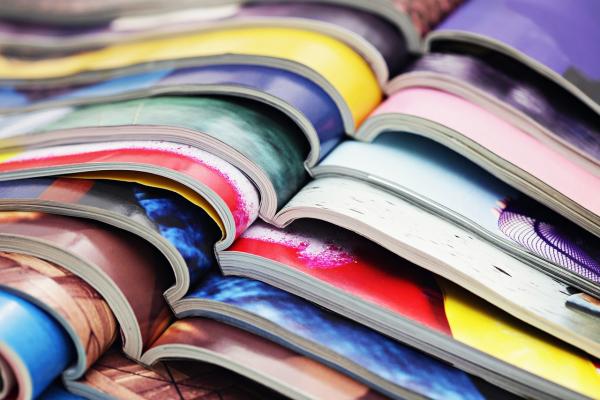For some, freedom is without constraints; for the "creatives," constraint is a necessary component in freeing their creative energies.
“Scale Brain: the result of a worldview that looks upon restraint with confusion and sees self-imposed limitations as weakness. This mindset doesn’t care about craft or going out on top—it sees attention and even adoration as resources to mine until they are depleted. There has to be a movie in the works, because eyeballs and money are still on the table. There is content left to make!”
Welcome to the World without Endings, the Atlantic
I must confess I got my first traffic ticket perhaps one month after getting my driver’s license; it was for speeding. I lost my license for three months from the Courts and six from my parents.
“The Guinness World Record for the largest speeding fine is held by a Swedish motorist who was caught driving a red Ferrari Testarossa at 137 km/h in an 80 km/h zone in 2010. He was fined £180,000, or $223,700, for his offense.”
Sweden and Finland take a very different tack. From the Business Insider, A businessman in Finland was slapped with a $129,400 fine for driving over the speed limit
I remember my first space food, Tang. Yet despite its almost fluorescent orange and tangy taste, it is, at best, part of a complete diet.
“As NASA prepares to send astronauts farther into the solar system than ever before, the agency needs food systems that can fortify future crews in deep space for years at a time. The Deep Space Food Challenge calls on solvers from around the world to create technologies to help feed astronauts on future long-term space missions.”
Here is what’s cooking from NASA, NASA Selects Winners, Announces Final Phase of Space Food Challenge
I was an active surgeon during the rise of HIV, and my work as a vascular surgeon resulted in exposure to lots and lots of infected blood. I never considered myself a hero; I just did my job – alright, sometimes that did require a nudge. The portrayal of COVID’s healthcare workers has been much different. How the media portray us can vary significantly from our reality. Conor Friedersdorf, who writes for The Atlantic, asks his readers to write in about discrepancies they have seen between their real lives and media coverage.
“I am a southerner—from the deepest of the deep South. We southerners don’t hear our own accent, just as my New England friends don’t hear their accents. It takes an outsider to hear and point out the sonic nuances that we never notice in ourselves. …
This is the problem with our political discourse and how it is reported on by perfectly good and conscientious journalists. None of us are capable of hearing our own ideological accents, but they are glaringly obvious to the rest of the world.”
From The Atlantic, The Gaps Between Media and Reality




